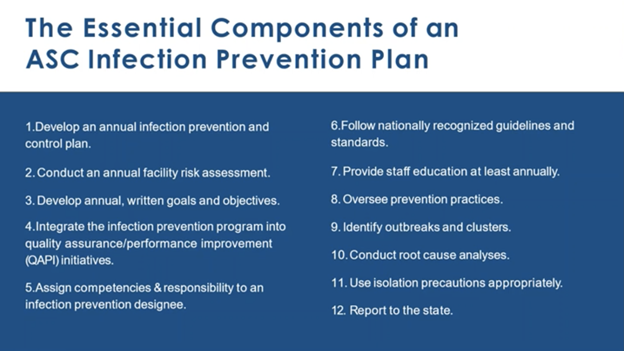OnHand’s president explained supply chain disruptions since the pandemic and how healthcare systems can adapt in the future to help combat this problem.
When COVID-19 began to run rampant in 2020, the healthcare system struggled to handle the pandemic’s force. “I joke with people often that a couple years ago, before the pandemic, not many people thought much about supply chain, and now, it’s all anybody can think about,” said Nate Mickish, president of OnHand and vice president of Texas Health Resources. From nurses to masks, everything was in shortage, and vendors and providers alike were scrambling to offer healthcare workers everything they needed to stay safe on the job.
“We may have missed savings goals, we have not gotten all the contracts implemented that we want, but we kept people safe.” Mickish said. “That was the most important metric we could have met in 2020.”
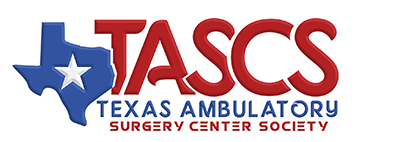

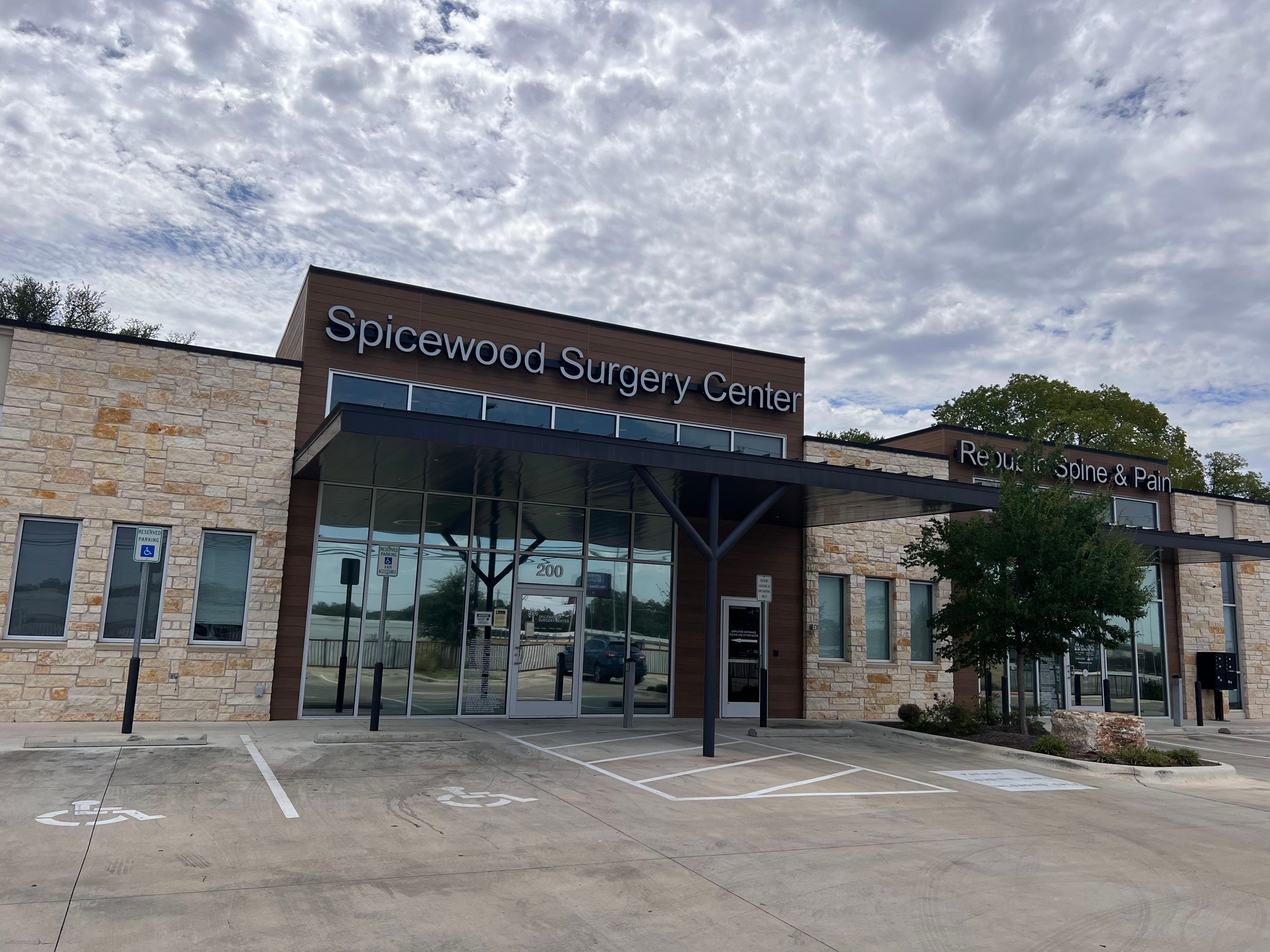
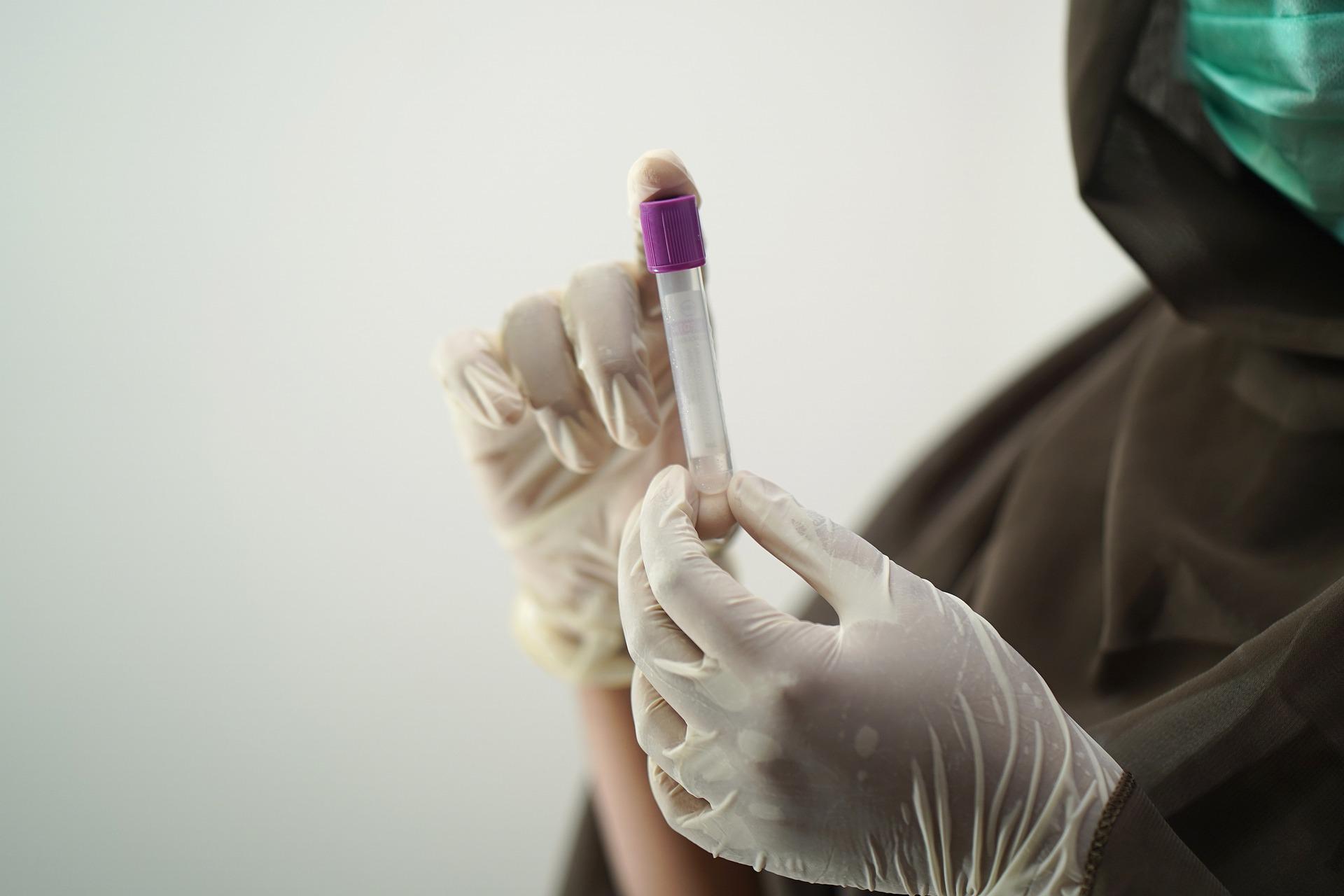

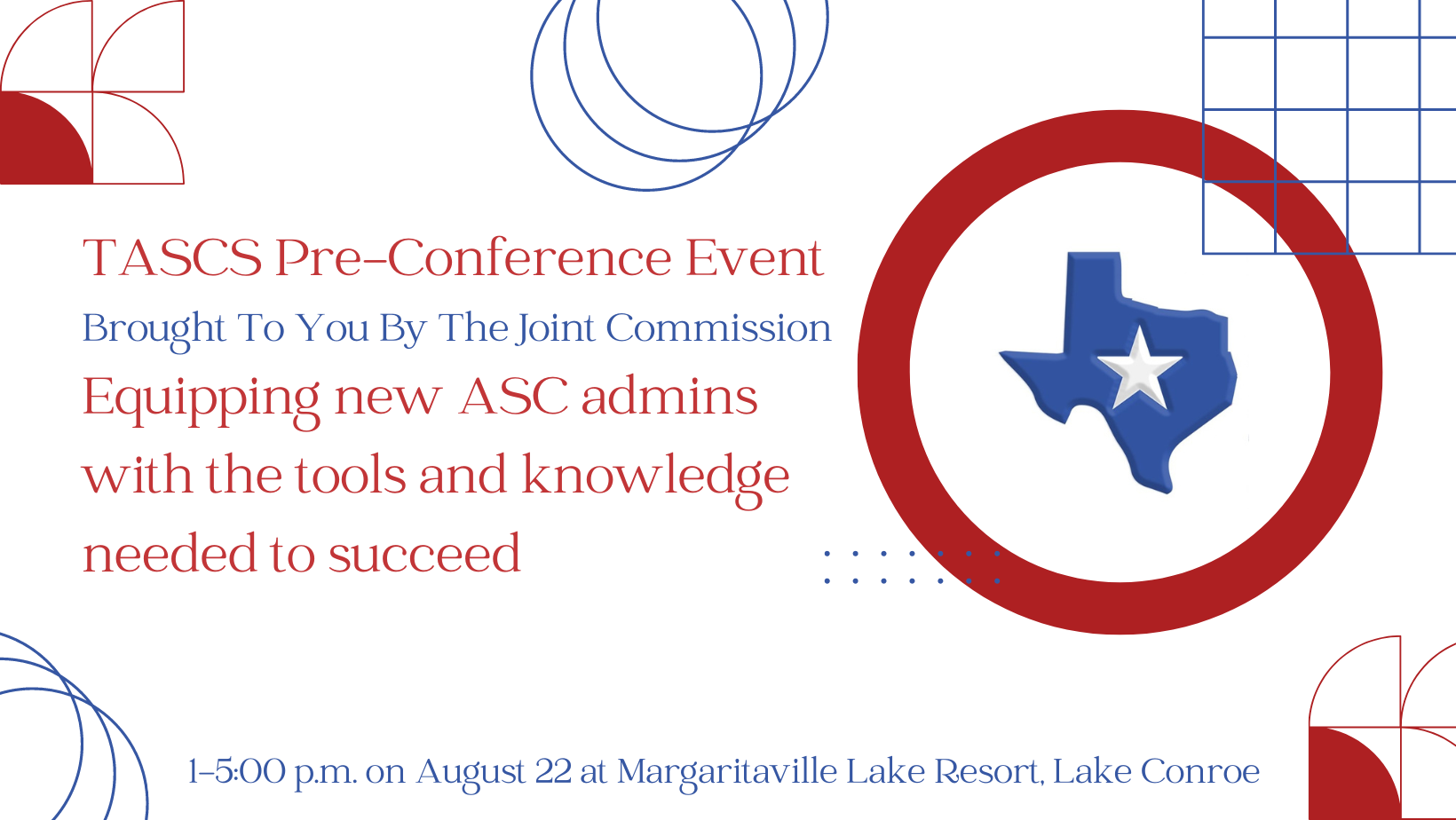

 The Texas Ambulatory Surgery Center Society (TASCS) has spent over 10 years bringing healthcare professionals together, providing them with educational information, networking opportunities, and updates on ambulatory surgery center (ASC) developments. This year, attendees can pack their favorite Hawaiian shirts for the
The Texas Ambulatory Surgery Center Society (TASCS) has spent over 10 years bringing healthcare professionals together, providing them with educational information, networking opportunities, and updates on ambulatory surgery center (ASC) developments. This year, attendees can pack their favorite Hawaiian shirts for the 

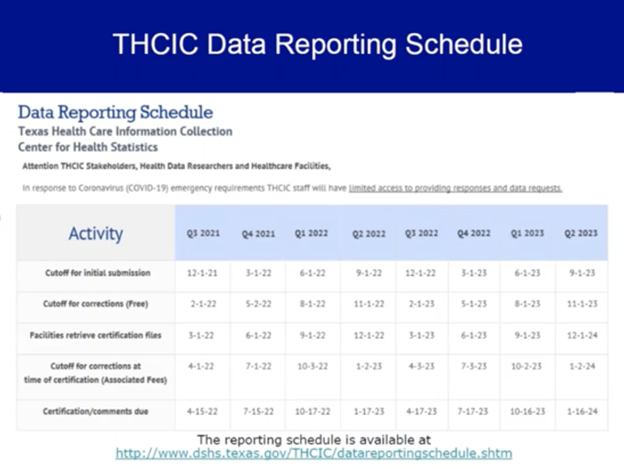

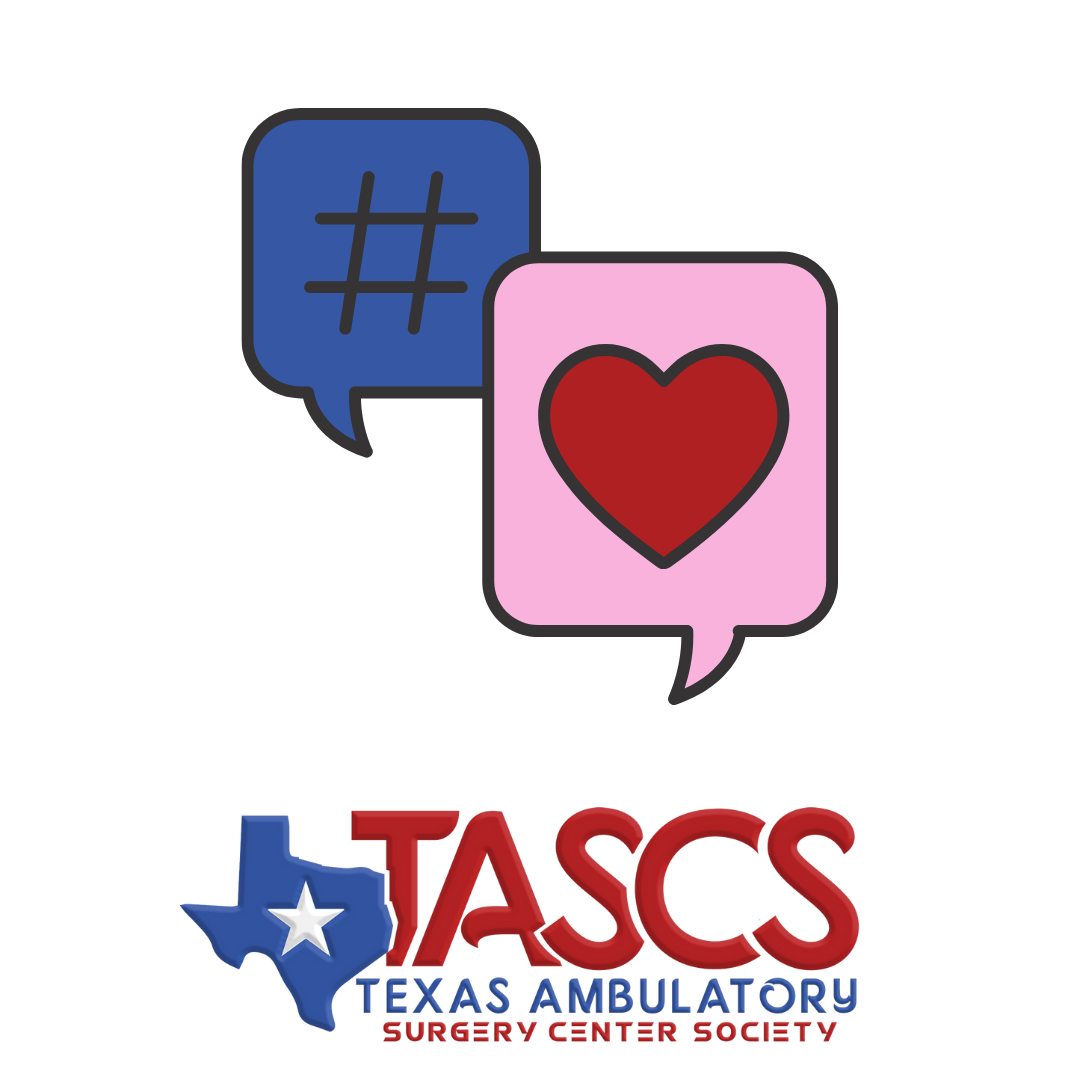
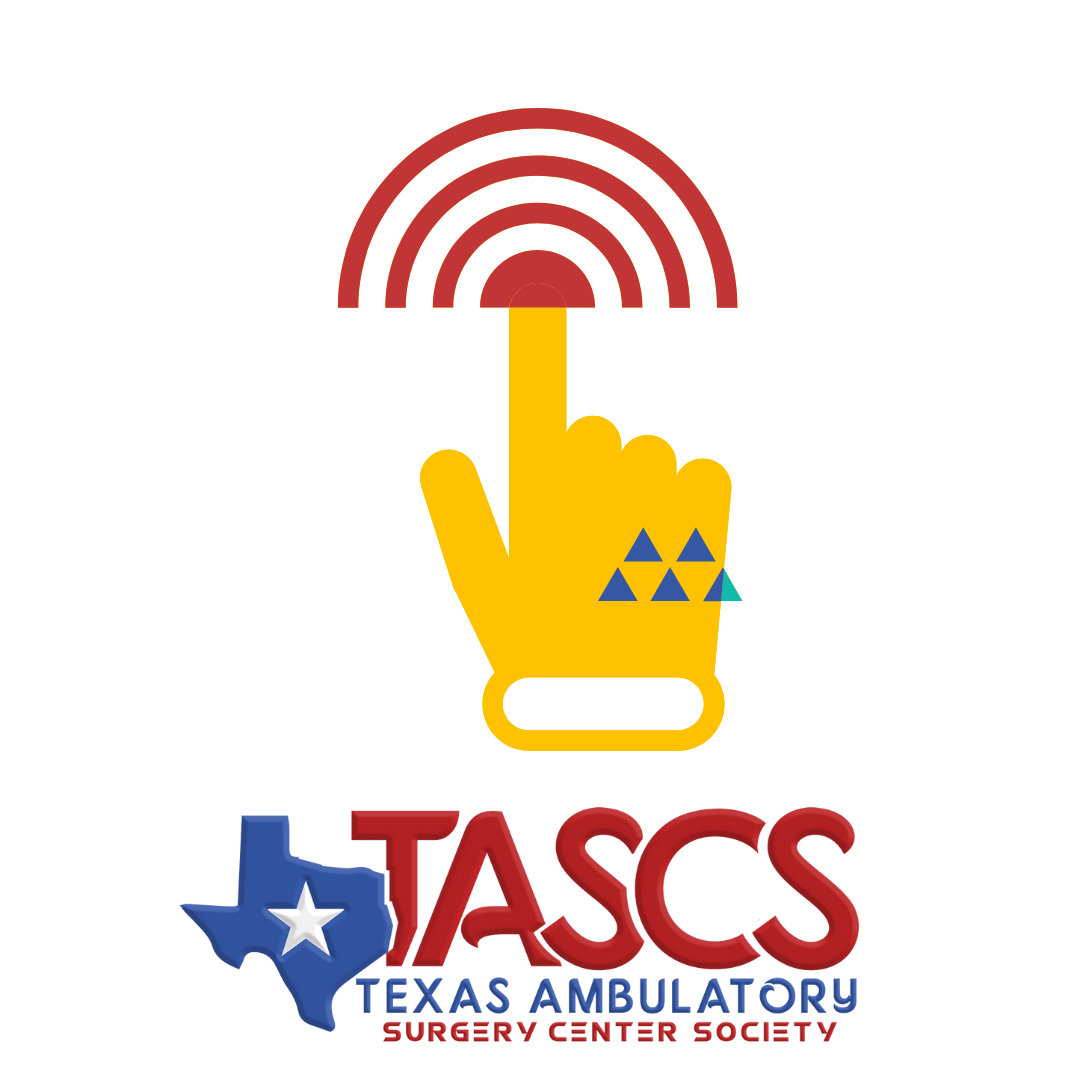 LinkedIn got its official start in
LinkedIn got its official start in 